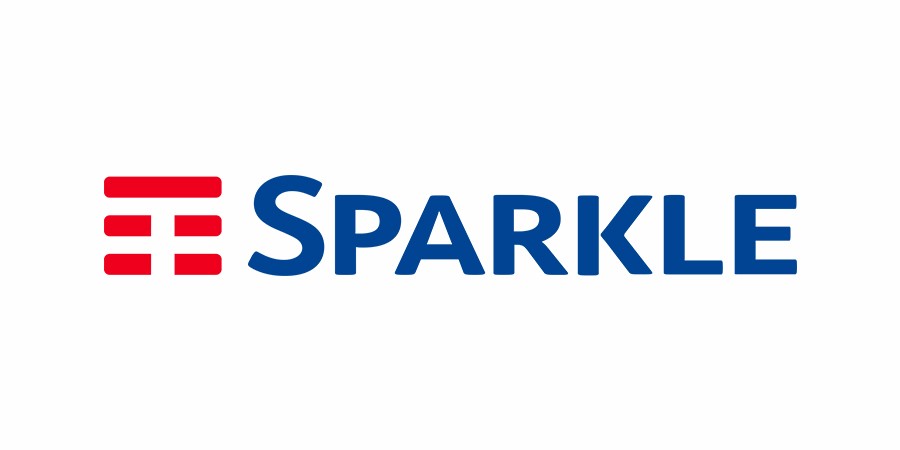The Princess Máxima Center for Pediatric Oncology, the biggest childhood cancer center in Europe, will leverage Google Cloud’s technology to execute research into childhood cancer mutations with the aim of gaining a comprehensive picture of possible tumor-specific mutations, which will hopefully pave the way to a state-of-the-art data resource for researchers worldwide.
The project was awarded to Sparkle within the European tender of the Open Clouds for Research Environments (OCRE) and has been endowed with a grant of close to half a million euros to make this transition possible. As a Google Cloud integrator and in close collaboration with Google Cloud partner Omnigen, Sparkle will help implement the platform over the next two years.
Childhood cancer is a common cause of death by disease in children. By investigating genetic abnormalities in childhood cancer genomes, scientists can gain a better understanding of tumor development or progression. Thanks to Google Cloud technology — featuring scalability, speed, data security and a unique state-of-the-art analysis framework — the two-year project, starting in October this year, has three research aims:
- Detecting complex mutations and interpreting their impact on tumor development
- Mapping mutations in non-coding DNA and their impact on nearby coding DNA
- Providing a secure source of childhood cancer genomics data that may be reusable for other researchers
“We are very proud to participate with our partners in this project, putting digital technologies at the service of scientific research,” says Maria Teresa Ferrigno, EVP Enterprise at Sparkle. “With this project, we confirm our commitment, through the OCRE Cloud Framework, to offer the best cloud solutions to the European education and research sector by reducing the cost and complexity of the transition to the cloud.”
“With the cloud, we can perform large-scale re-analysis with more genome data and at a higher speed. Where an analysis on a local compute cluster could take about six months, using the cloud we could do it in a few weeks,” says Dr. Patrick Kemmeren, who is leading the research group. “It can also stimulate collaboration among researchers: by having lots of standardized data available in the cloud, we can more easily give access to data to collaborators in a secure, controlled way for them to perform their analyses. As childhood cancers are rare, having access to this type of data is essential to accelerate research and eventually develop targeted therapies.”
Paul van Dijk, tech lead research IT of the Princess Máxima Center, states: “Through this project, we hope to lay the foundation for a well-designed Google Cloud environment for research in the Princess Máxima Center. This fits perfectly with the OCRE grant: to ease cloud adoption at the level of the individual researcher as well as at an institutional level.”
Berry Kriesels, CEO and founder of Omnigen, adds: “In a project such as this, we have the opportunity to demonstrate in depth and at full scale the added societal value of cloud computing for scientific research and the aid it can have in understanding hard-to-solve challenges such as pediatric oncology.”
“We are proud that Google Cloud technology, best practices and expertise will contribute to the adoption and effectiveness of cloud services in research. By supporting the Princess Máxima Center, we will play a role in the creation of Comprehensive Childhood Cancer Commons and help to drive innovations in childhood cancer research, diagnostics and treatment,” says Erwin Angelier, head of public sector, Netherlands, Google Cloud.











